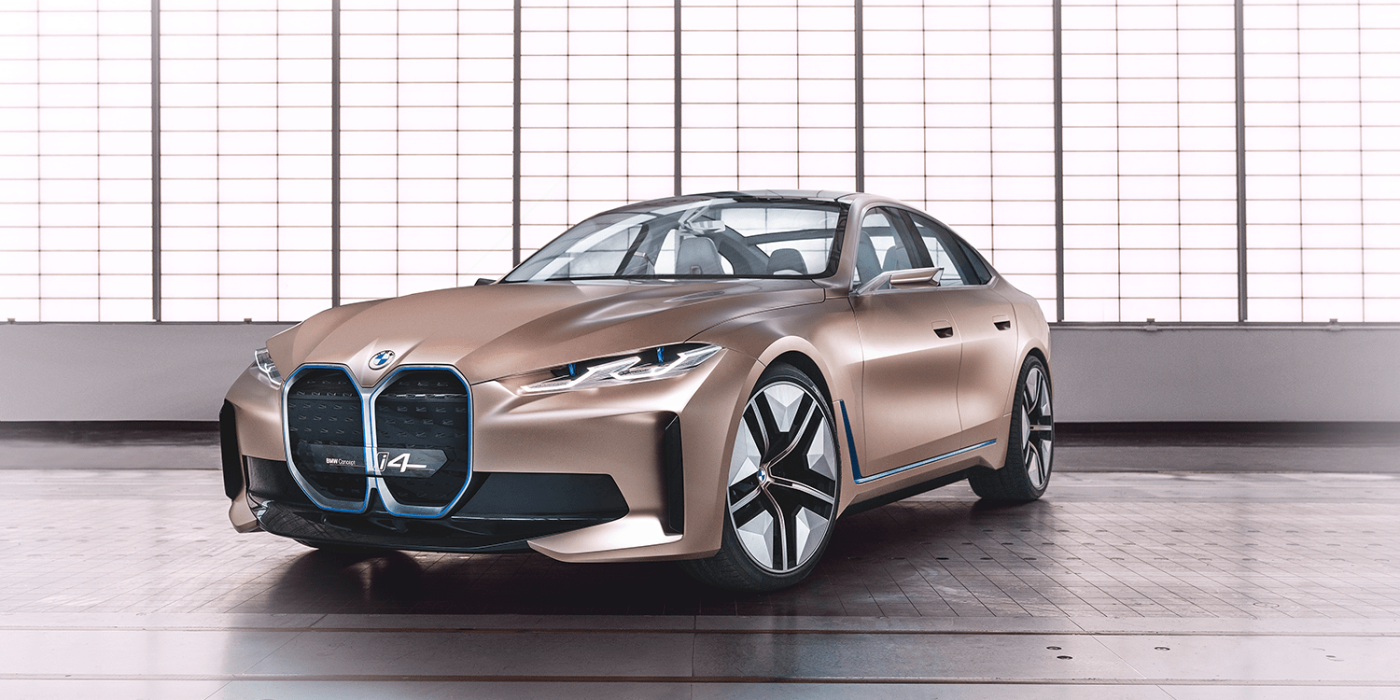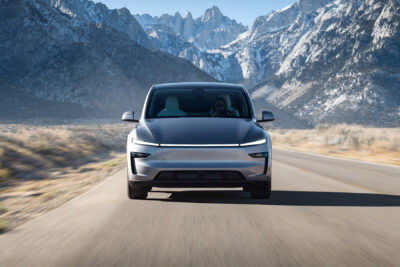BMW refits Munich factory for BMW i4 production
With the end of the late shift on 23 July, the BMW plant in Munich will begin preparations for the production of the purely electric i4. To this end, vehicle production will be suspended for six weeks until the early shift starts on 7 September.
++ Find all updates below. ++
BMW announced the six-week summer break in January. During the school holidays in Bavaria, which will last from 27 July 27 to 7 September, about 6,000 of the plant’s 7,800 employees will take an obligatory vacation. This means virtually the entire vehicle assembly workforce – the engine plant’s approximately 1,700 employees will continue to produce for the global production network.
In addition to the installation of new equipment, existing production facilities must be converted so that the BMW 3 Series Sedan, the BMW 3 Series Touring, both with combustion engines and hybrid drive, the BMW M3 and the purely electric BMW i4 can all be produced on the same line. “This will allow us to respond flexibly to customer demand,” says plant manager Robert Engelhorn. “We are gearing up our Munich plant for the future.”
However, this multi-energy approach is also not entirely uncontroversial within the company. A few weeks ago, the Chairman of the General Works Council, Manfred Schoch, said that it was time for a change of course. “Only with our e-architecture can we fully exploit the advantages of an electric vehicle,” Manfred Schoch said in an interview. Porsche has already developed its BEV platform for the Taycan, Audi is relying on Volkswagen’s MEB, the Taycan platform called J1 and the Premium Platform Electric PPE, which is still under development together with Porsche. At Mercedes-Benz, EQS is to be developed on an EV-only platform.
Above all, BMW expects the current strategy to bring benefits in production. Instead of its electrical production lines or plants, the Munich plant will be able to continue to use 90 per cent of its existing production facilities. The remaining ten per cent, mainly at the rear of the vehicle, will have to be converted because of the high-voltage battery.
According to BMW, the “cramped structures” at the plant are a particular challenge when installing the new systems. “Old systems have to be removed, and new ones installed and put into service, in very tight spaces within six weeks,” says plant manager Engelhorn. “This takes meticulous planning and much creativity.”
The electric motors and high-voltage batteries for the i4 are supplied from the recently opened Competence Center for E-Drive Production at the Dingolfing plant. The battery cells assembled there will be supplied by companies such as CATL and Samsung SDI – and in Europe in future also by Northvolt.
In addition to CATL, a deal with another cell manufacturer is being prepared for China. According to a media report, the Munich-based company is negotiating with the Chinese company EVE Energy about cooperation. EVE Energy could thus become the second battery cell supplier for BMW on the Chinese market after CATL. The joint venture BMW Brilliance (which produces the iX3 in Shenyang) is currently discussing cooperation with a subsidiary of EVE Energy. However, no details are yet available on the scope, cell types and possible models.
Update 10 September 2020: BMW has completed the conversion and is now ready to start producing the BMW i4 at its main plant in Munich. Plant Director Robert Engelhorn called the measures the “most comprehensive overhaul of assembly in the history of the plant”.
One of the biggest challenges was the confined space within the production halls, which made conversion and installation work difficult. Previous systems had to be removed with little room to spare, and new ones installed and launched. The work had been planned using simulated line sections, system designs and production processes by virtual reality. Much of the expertise for the upgrade came from production workers themselves, who used VR goggles to obtain a clear picture of what their stage of work would look like, and offered valuable feedback on ergonomics and process optimisation, according to BMW.
While the majority of production processes for the BMW i4 can be carried out on existing body shop systems, the electric drive and high-voltage battery required additional systems for the floor assembly and rear section of the BMW i4. The approx. 550-kilogram battery pack will be fitted to the body by a new, fully automated battery assembly system, which uses camera systems to check automatically if the battery pack is positioned correctly on the line. The battery pack is also transported to the line and bolted to the body fully automatically.
Additional reporting by Nora Manthey.
bmwgroup.com, gasgoo.com, bmwgroup.com (update September)





0 Comments